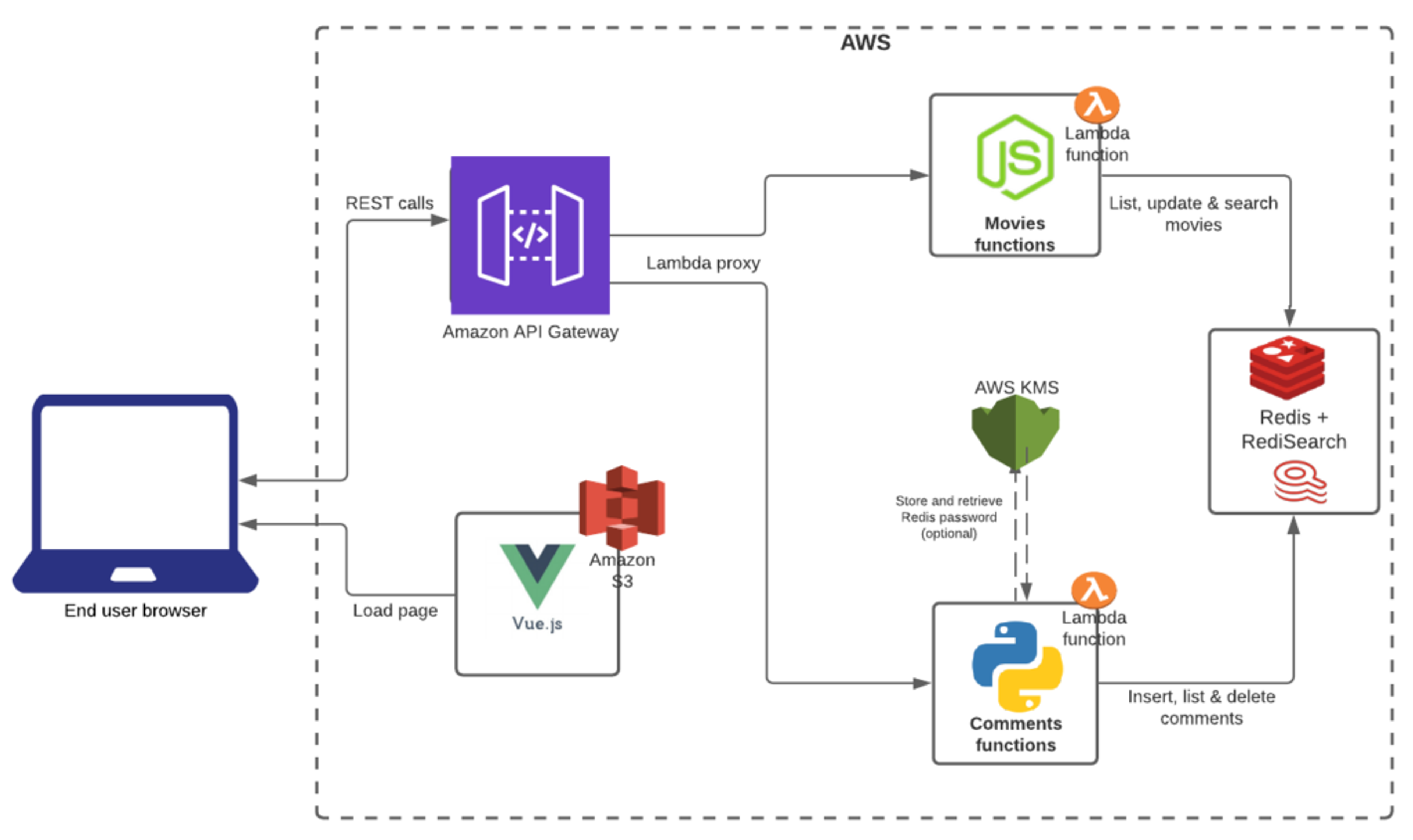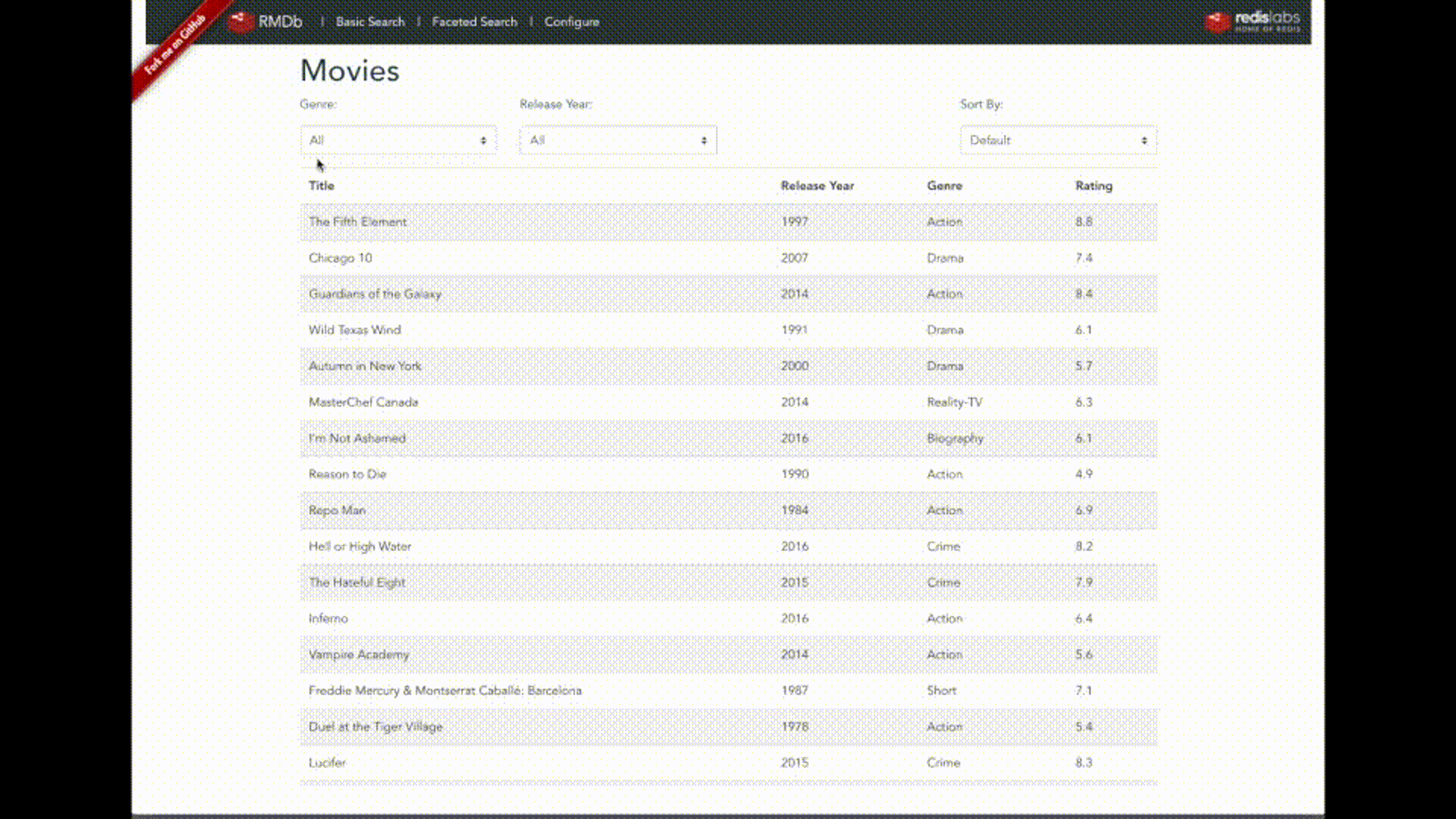Look, if you've tried using Redis with Lambda functions, you know it's a pain in the ass. TCP connections don't play nice with serverless - you get timeouts, connection pool exhaustion, and cold start issues that'll make you want to throw your laptop out the window.
Upstash fixes this by ditching the traditional Redis connection model entirely. Instead of fighting TCP connections, they built HTTP APIs that actually work with serverless functions. No more ECONNREFUSED errors at 3 AM.
The Reality of Redis + Serverless
Here's what usually happens when you try to use regular Redis with Lambda:
Connection Hell: Lambda functions can't maintain persistent connections, so every request tries to open a new Redis connection. Your connection pool gets exhausted faster than coffee on Monday morning.
Cold Start Nightmare: Function wakes up after being idle? Good luck waiting 5+ seconds for the Redis connection to establish while your users stare at a loading spinner.
Timeout Roulette: Lambda functions have a 15-minute timeout, but your Redis connection might drop after 30 seconds of inactivity. Debugging this is like finding a needle in a haystack made of other needles.
Spent forever debugging ElastiCache timeouts - I think it was like 2 weeks? Maybe longer? AWS support kept saying "check your VPC" like that helps at 3am when you're getting paged again. Users kept getting random 500 errors and I was losing my mind. The worst part was it only happened under load - worked fine in dev. Upstash's HTTP API eliminated all of that connection pool bullshit.
How Upstash Actually Works


Upstash runs Redis 6.2 API behind HTTP endpoints. So instead of:
## This fails in serverless 50% of the time
redis-cli SET user:123 "some data"
You do:
## This actually works
curl -X POST "https://YOUR-DB.upstash.io/set/user:123/some-data" \
-H "Authorization: Bearer YOUR_TOKEN"
HTTP API adds maybe 1-2ms overhead - barely noticeable compared to cold start hell that can hit 200-500ms anyway. I'll take that trade every fucking time.
Global Distribution That Actually Matters
They replicate your data across 8+ regions automatically. But here's the kicker - the free tier includes this. Most Redis providers charge extra for multi-region setup and make you configure it yourself. Upstash just does it.


